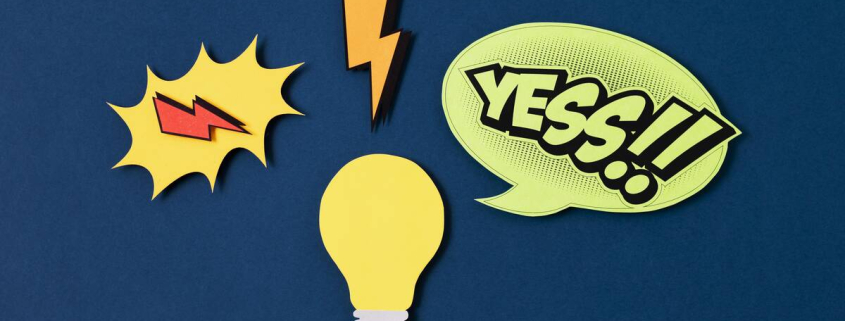Being a Highly Sensitive Person – somewhere between recognition and diagnosis
Did you see Channel 4’s recent programme, “Do You Have ADHD?”?
In it, Dr Clare Bailey, wife – and now, sadly, widow – of the wonderful Dr Michael Mosely, pursued a diagnosis. ADHD is something she’s long believed she has.
An ADHD assessment has three elements. She scored highly on inattentiveness and hyperactivity, but low on impairment. You only get a diagnosis if your symptoms and behaviours sufficiently impair your life. So, Dr Bailey didn’t qualify.
Which had me wondering where that left her: a high correlation with ADHD in two of three areas. But no formal diagnosis. Interesting.
Being a Highly Sensitive Person doesn’t have a medical assessment, isn’t a medical diagnosis, and doesn’t in itself require any sort of treatment. Does that mean it doesn’t exist?
All I can say is I’m not sure I would ever have made sense of myself and my ‘symptoms’ if I hadn’t come across the article I did about being an HSP.
No assessment, no diagnosis. Just recognition of every single indicator in the article. In that moment, a lifetime of experiences, struggles and emotions suddenly made sense. A seismic change in my sense of self followed. The more I learned, the more I recognised and the clearer I was about what didn’t fit.
I witnessed the same sort of reaction, relief, change and self-learning in HSPs I worked with as a counsellor – whether they were just discovering HSP for themselves, or knew already and valued exploring being an HSP with someone who got it.
Impairment is such an interesting concept too. How do we define it?
I’ve never met an HSP who (pre-discovery) didn’t wonder what was wrong with them. And who wasn’t regularly told by others how they needed to be different. Frankly, a devastating combination.
I know impairments come in many forms and have many different levels of impact. Many go unknown. Many are profound and truly heartbreaking.
My own deeply felt sense of impairment undoubtedly drove decisions and choices. I declined so many opportunities because I felt too small for them. Turmoil was my default setting and constant companion.
All that changed when I discovered I was an HSP. That single article was life-changing. A bit like Michael Mosely’s ‘just one thing’.
So, here’s to all us folk who know with every fibre of our being when we recognise what is true for us. With or without a diagnosis.



